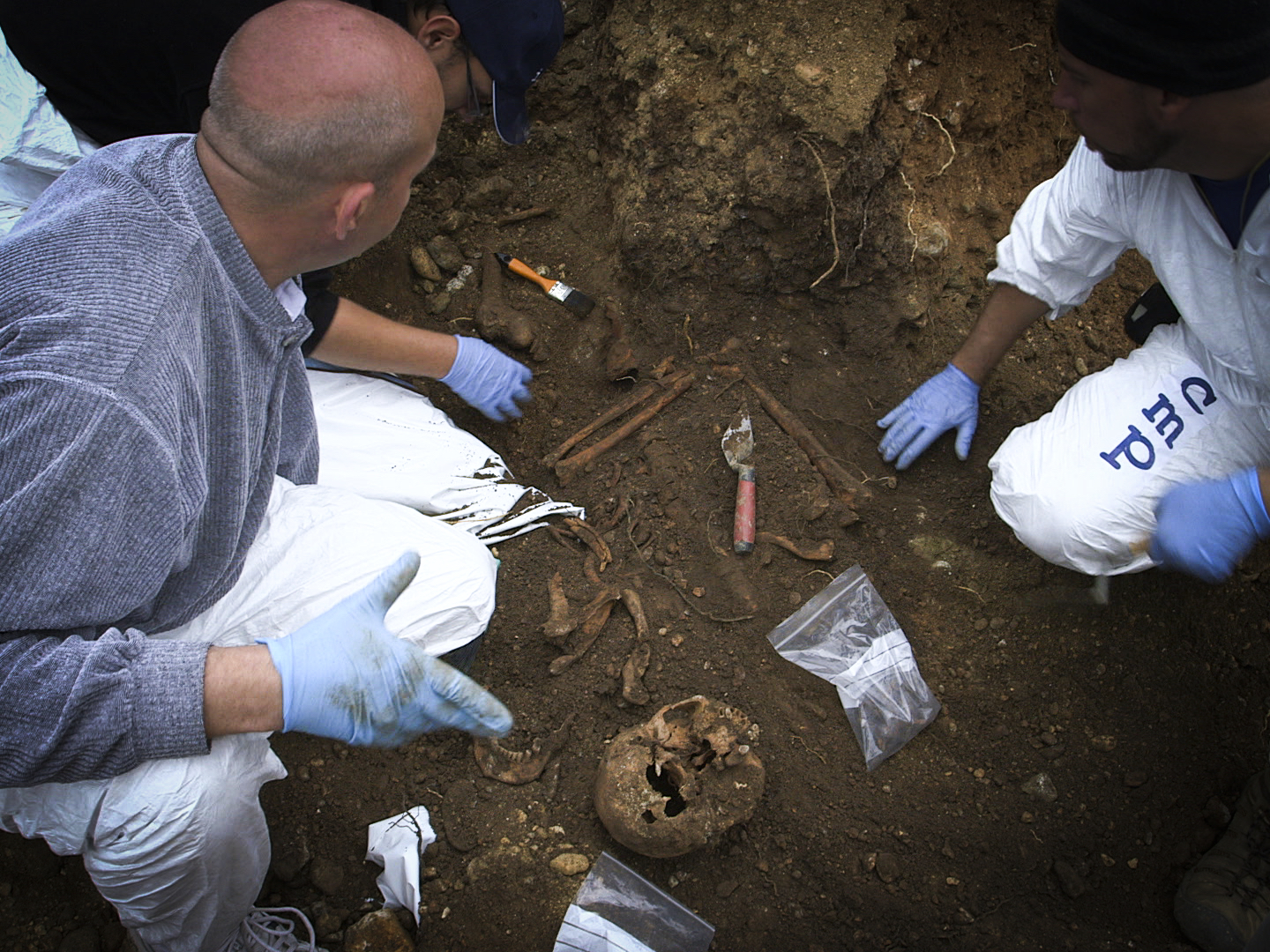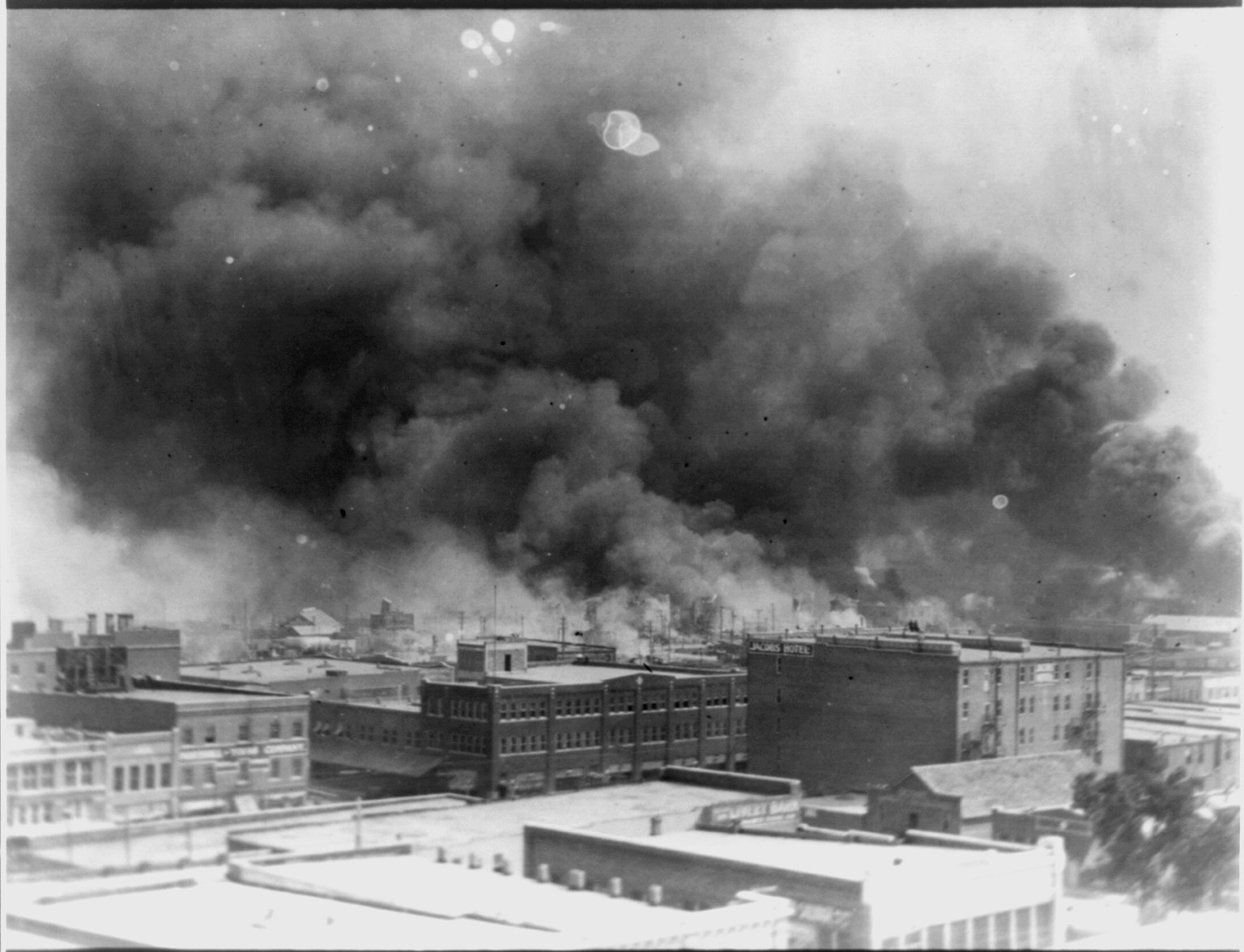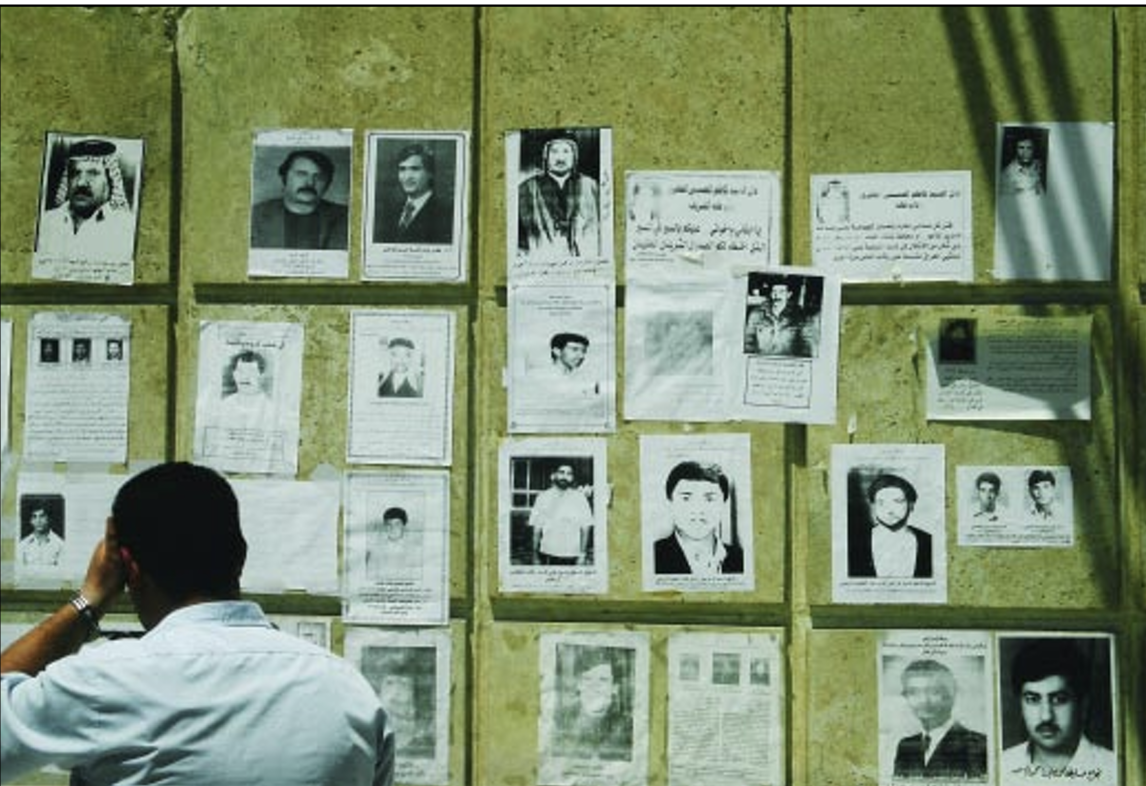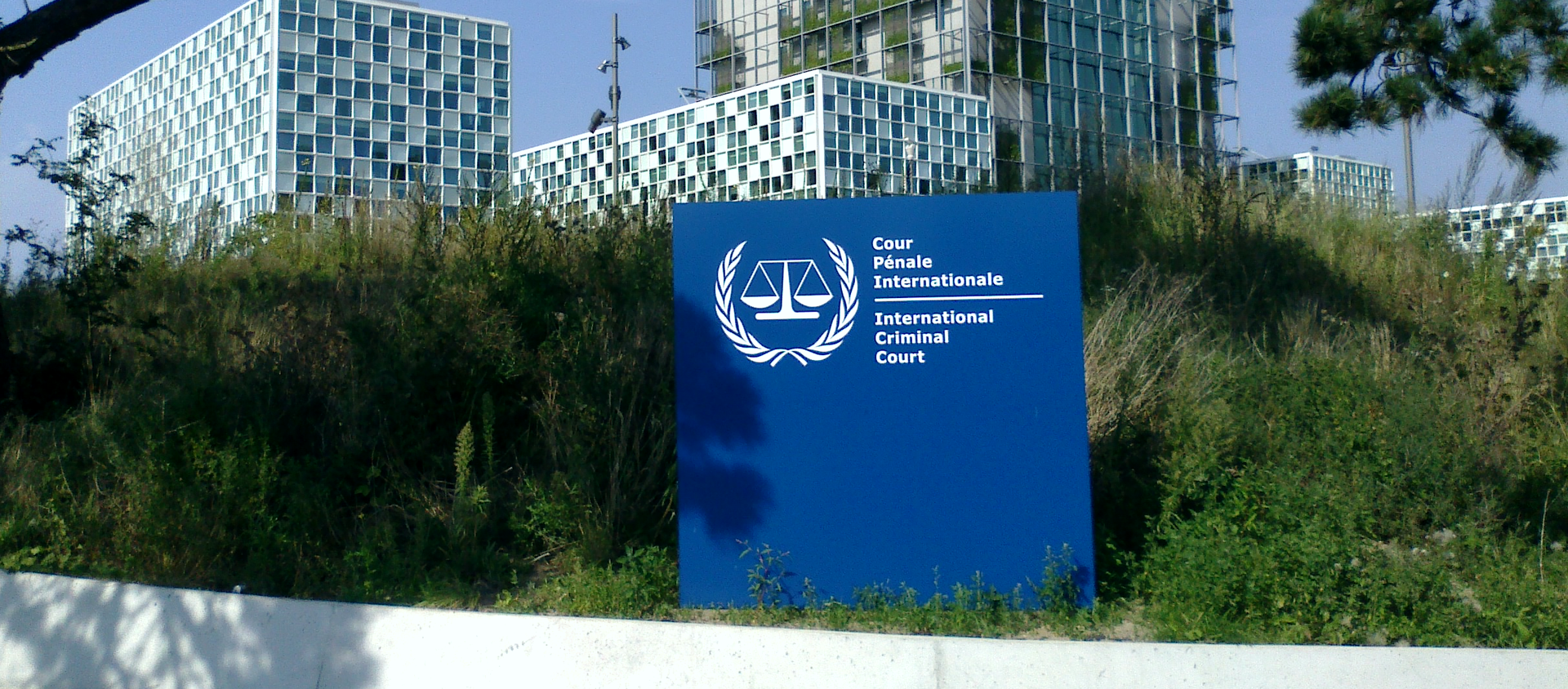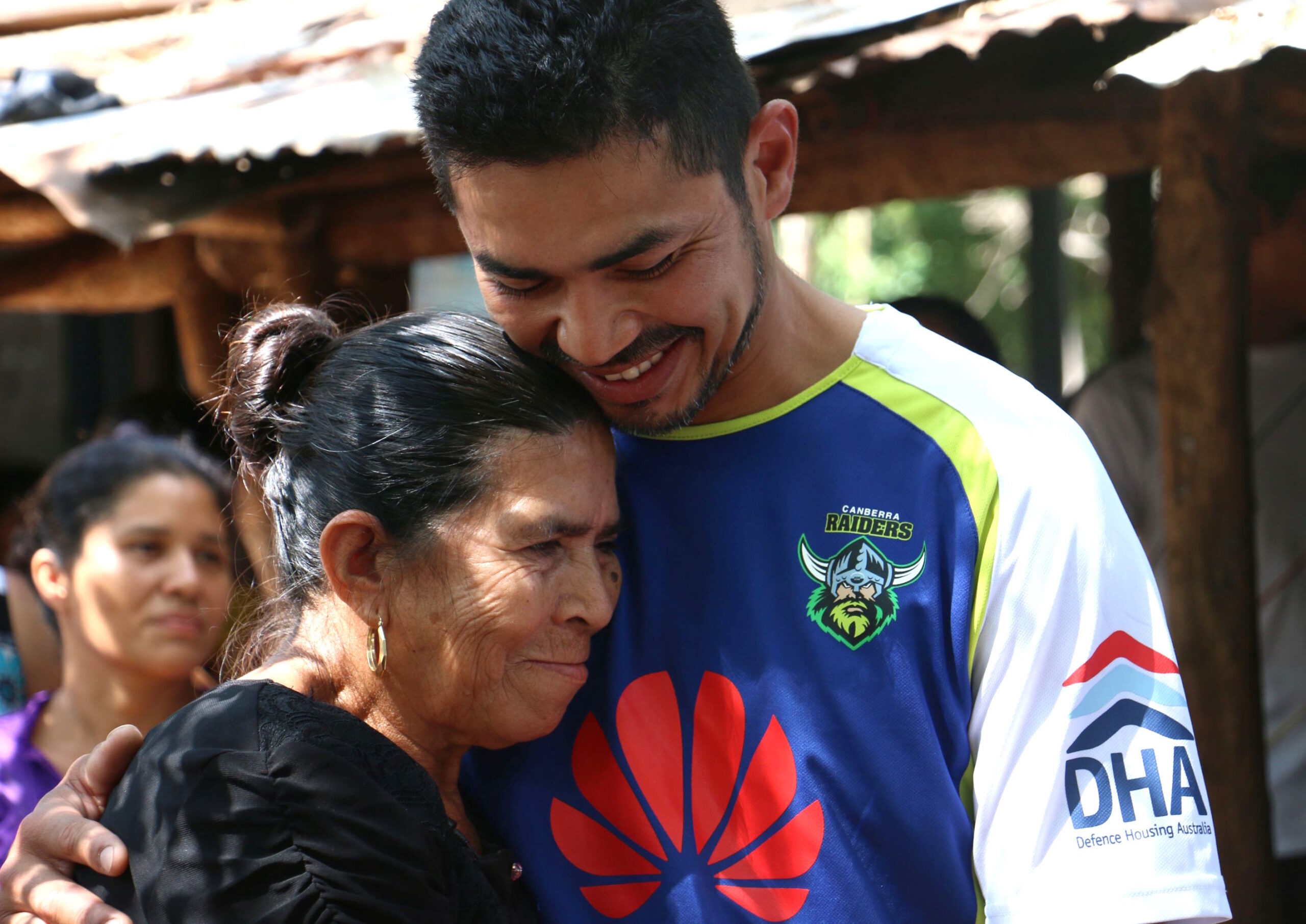Improving the quality of investigations into alleged violations of human rights, humanitarian and international criminal law
We Design and Conduct Professional Investigations
We engage in innovative research to help ensure that investigations into violations of international law are as effective, efficient, and ethical as possible. For thirty years, we have collaborated with experts using forensic anthropology and genetic research to investigate war crimes and identify the disappeared using DNA analysis to reunite families with children who were abducted or given up for adoption during armed conflict. Today, we continue to set precedent with digital open source investigations. We train students and advocates to collect, preserve, and verify digital open source information of human rights abuses worldwide. We partner with leading human rights, legal, and news organizations, and – when possible – use the evidence we uncover to shape the course of international criminal law.
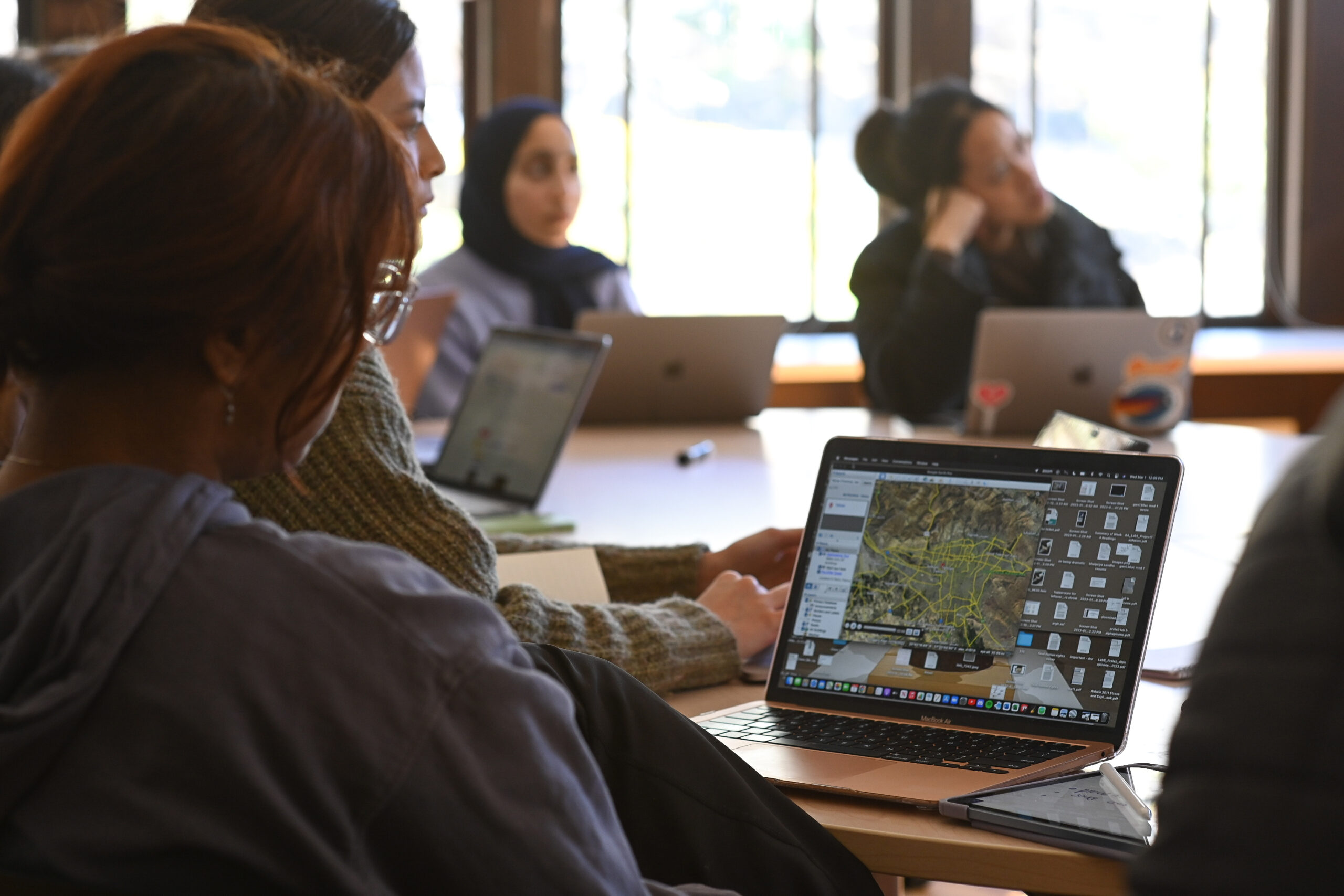
We Set International Standards for Investigations
In 2024, we co-launched the Berkeley Protocol on Digital Open Source Investigations in partnership with the United Nations Office of the High Commissioner for Human Rights. The Protocol – published in all the languages of the United Nations — sets international standards for the collection, preservation, and verification of digital open source information that can be used in investigations of violations of international criminal, humanitarian, and human rights law. As the world’s first international guidelines on how to responsibly conduct online investigations with the goal of admissibility for international courts, the Protocol is changing the ways we document conflict – updating expert methodologies to reflect the current state of crisis and address how social media has changed the human rights landscape. The Protocol is actively in use around the world, including by Ukrainian prosecutors documenting Russian war crimes. Additionally, as part of our partnership with the Institute for International Criminal Investigations, we are creating international guidelines for digital investigations of systematic and conflict-related sexual violence. This tool is deeply needed to facilitate digital investigations of CRSV in Ukraine, Myanmar, and elsewhere around the world.
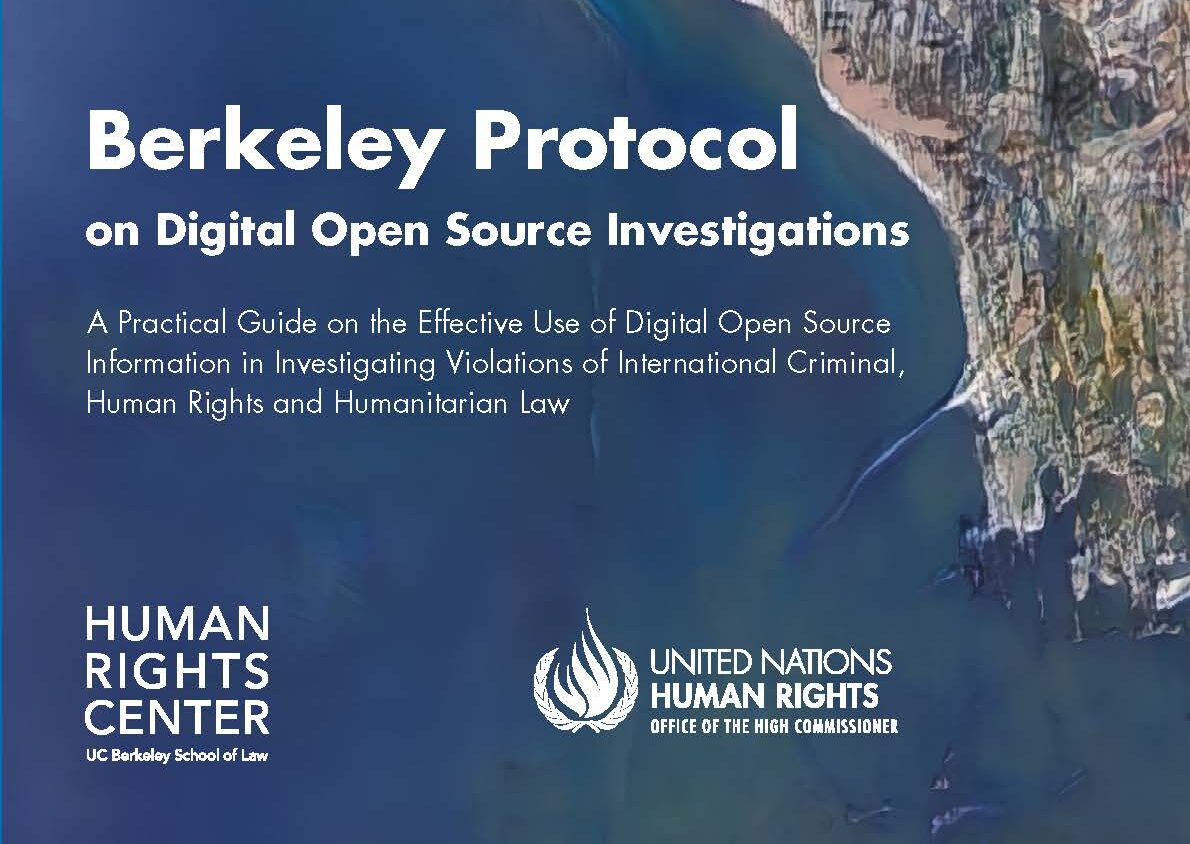
We Train Current and Future Fact-Finders
We train students at UC Berkeley to gather and verify digital open source information of potential human rights abuses to support professional investigations for leading organizations, including the United Nations, New York Times, Washington Post, Associated Press, Amnesty International, Human Rights Watch, and countless grassroots organizations. Our Lab model has now been replicated at close to a dozen universities around the world. Beyond our university-based training model, we travel worldwide to hold digital open source investigation training programs for frontline human rights defenders, including civil society groups from Ukraine; journalists and human rights advocates from Libya; and Yemen’s National Commission to Investigate Alleged Violations of Human Rights. Further, we hold regular trainings at The Hague in partnership with the Institute for International Criminal Investigations, where we train investigators from the United Nations, the International Committee of the Red Cross, and the International Criminal Court, among others.
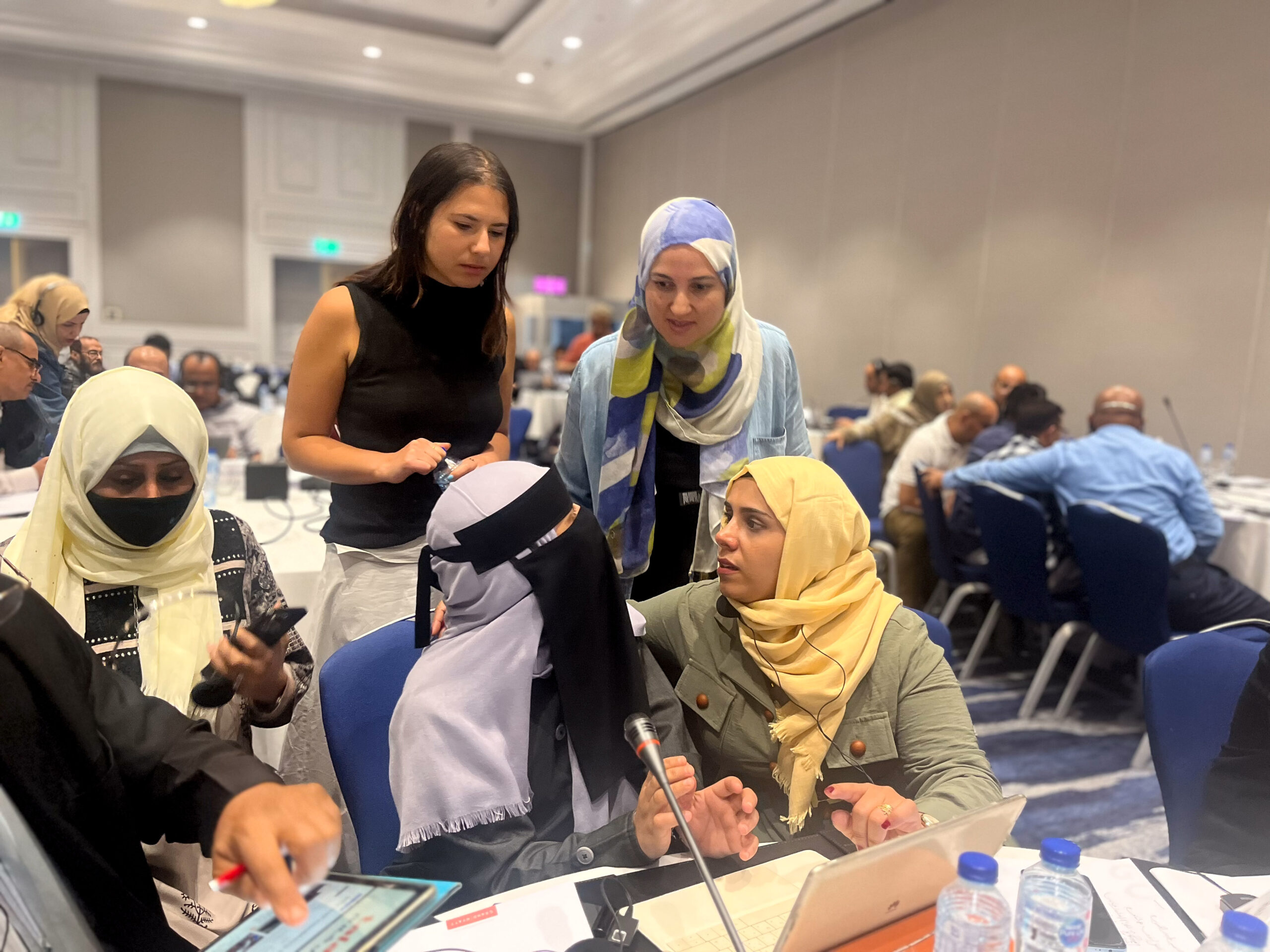
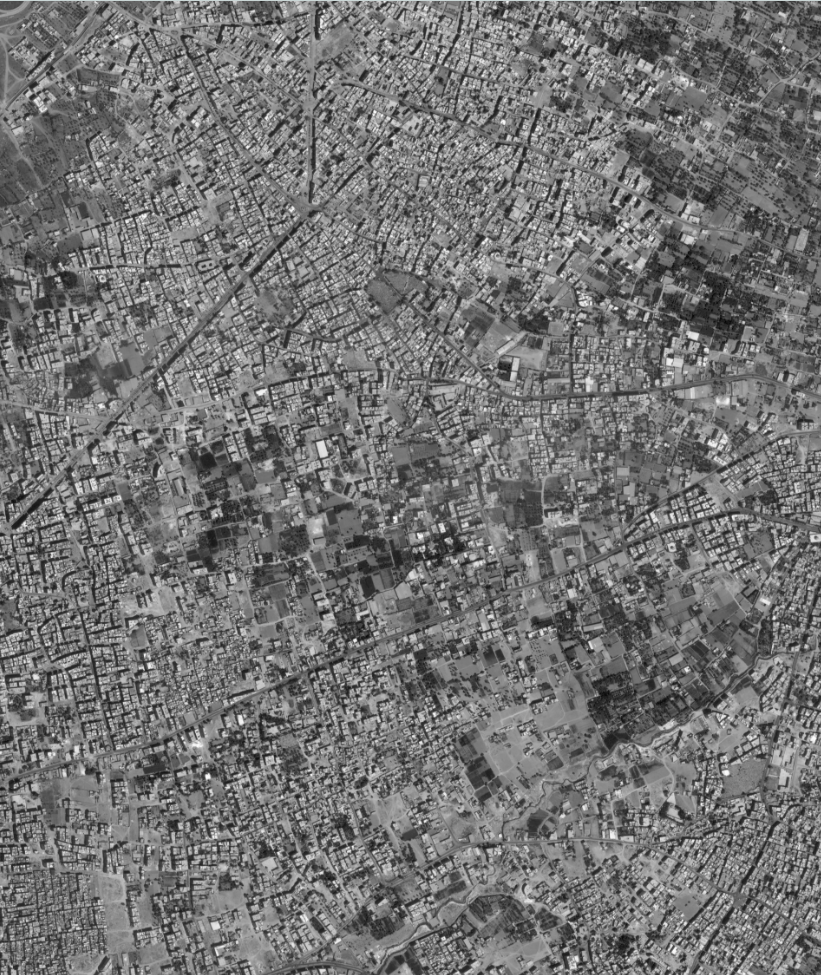
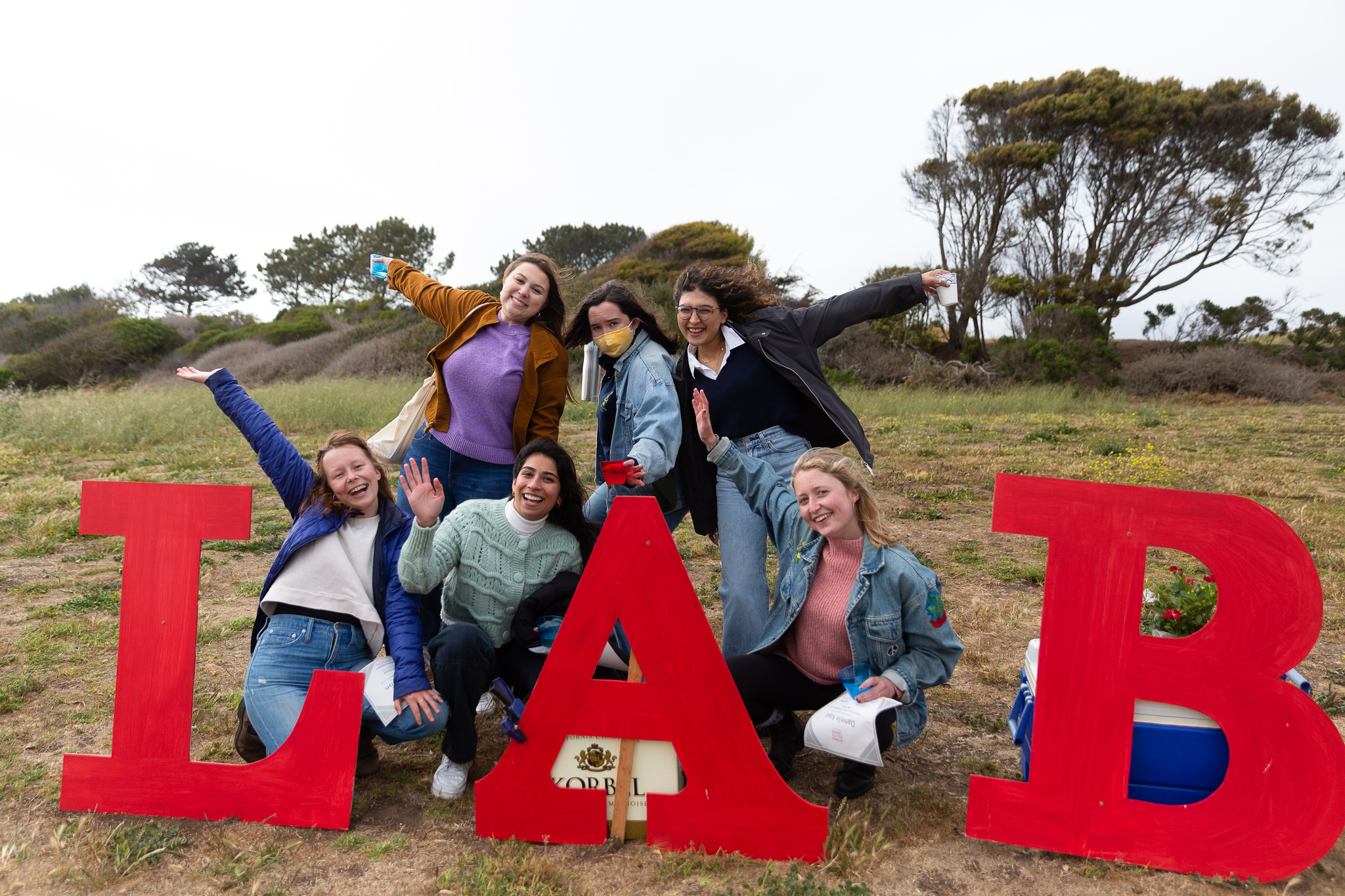
Our Student Investigations
Creating a professional pipeline of practice for our students and the human rights community.
Program Staff
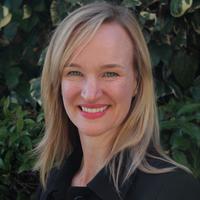
Alexa Koenig
Co-Faculty Director; Director, Investigations Program
Human Rights Center
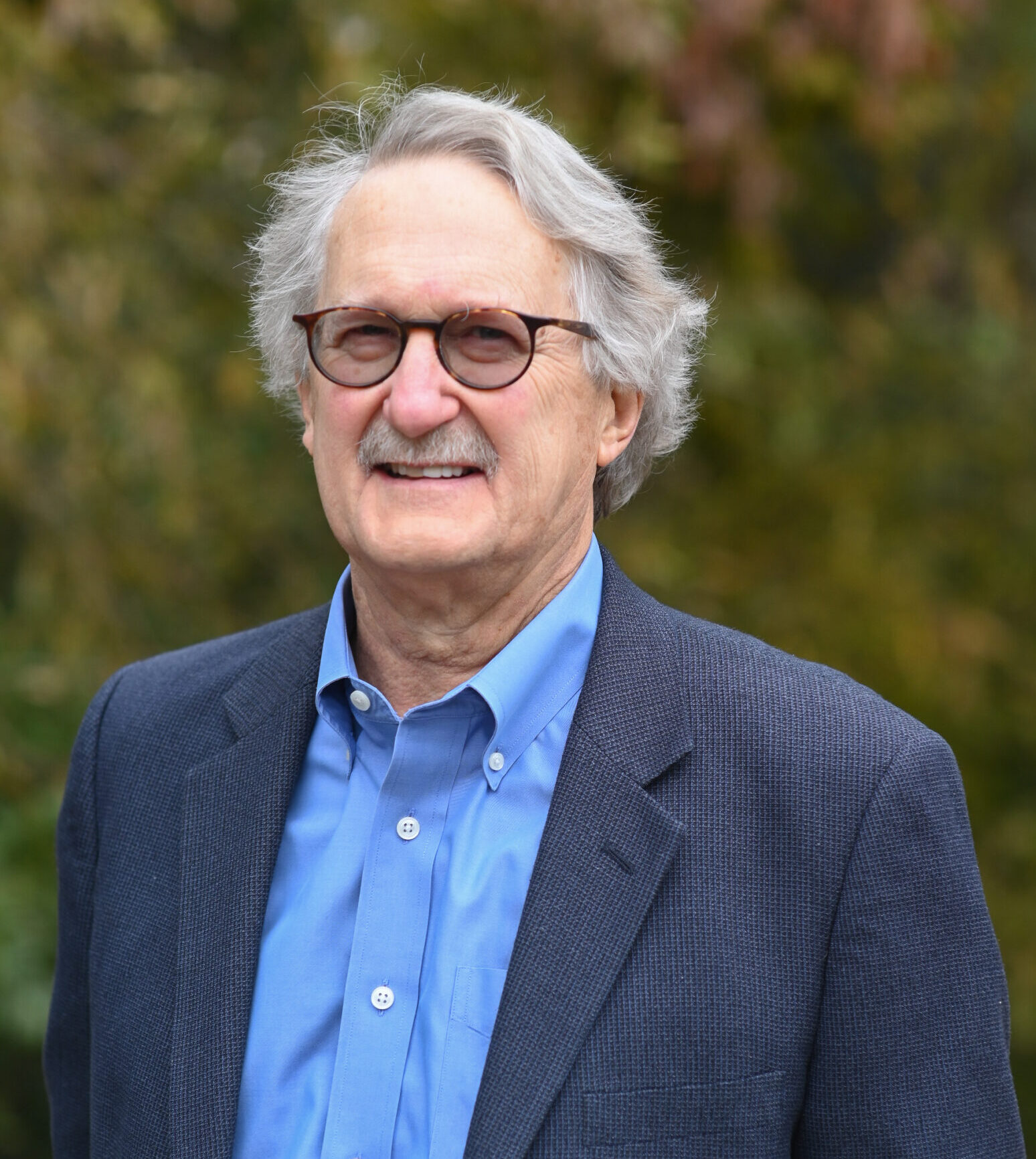
Eric Stover
Co-Faculty Director
Human Rights Center

Sofia Kooner
Assistant Director, Investigations Lab
Human Rights Center
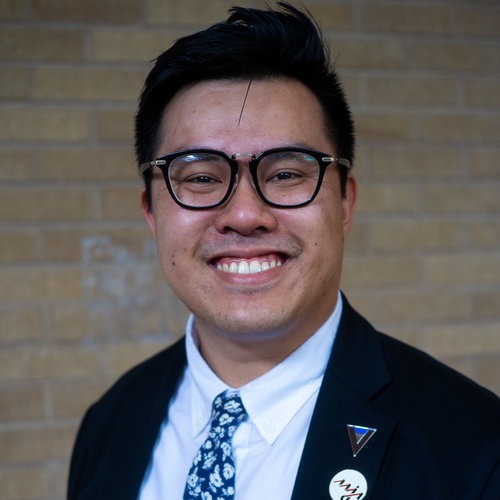
Brian Nguyen
Research Manager, Lead Trainer
Human Rights Center
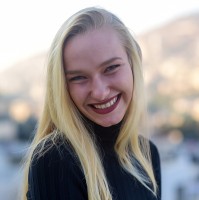
Maggie Andresen
Editorial Manager, Lead Writer
Human Rights Center
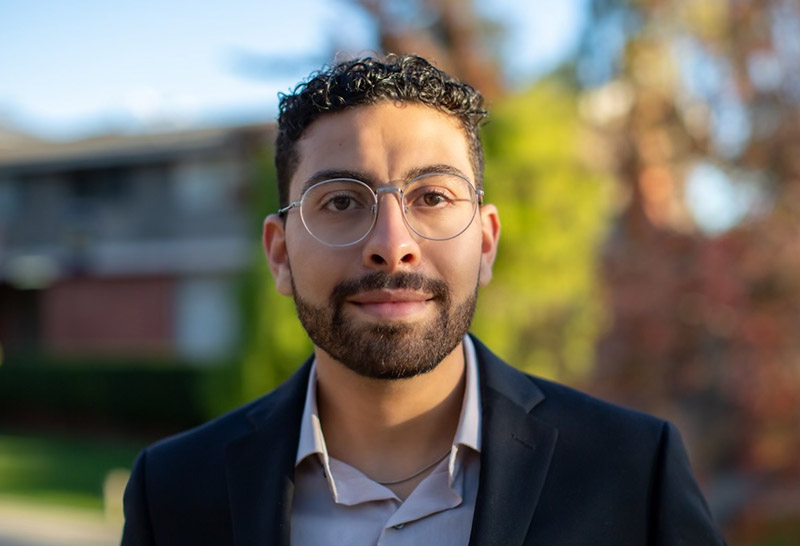
Anthony Ghaly
Graduate Student Researcher
Human Rights Center
Featured Publications
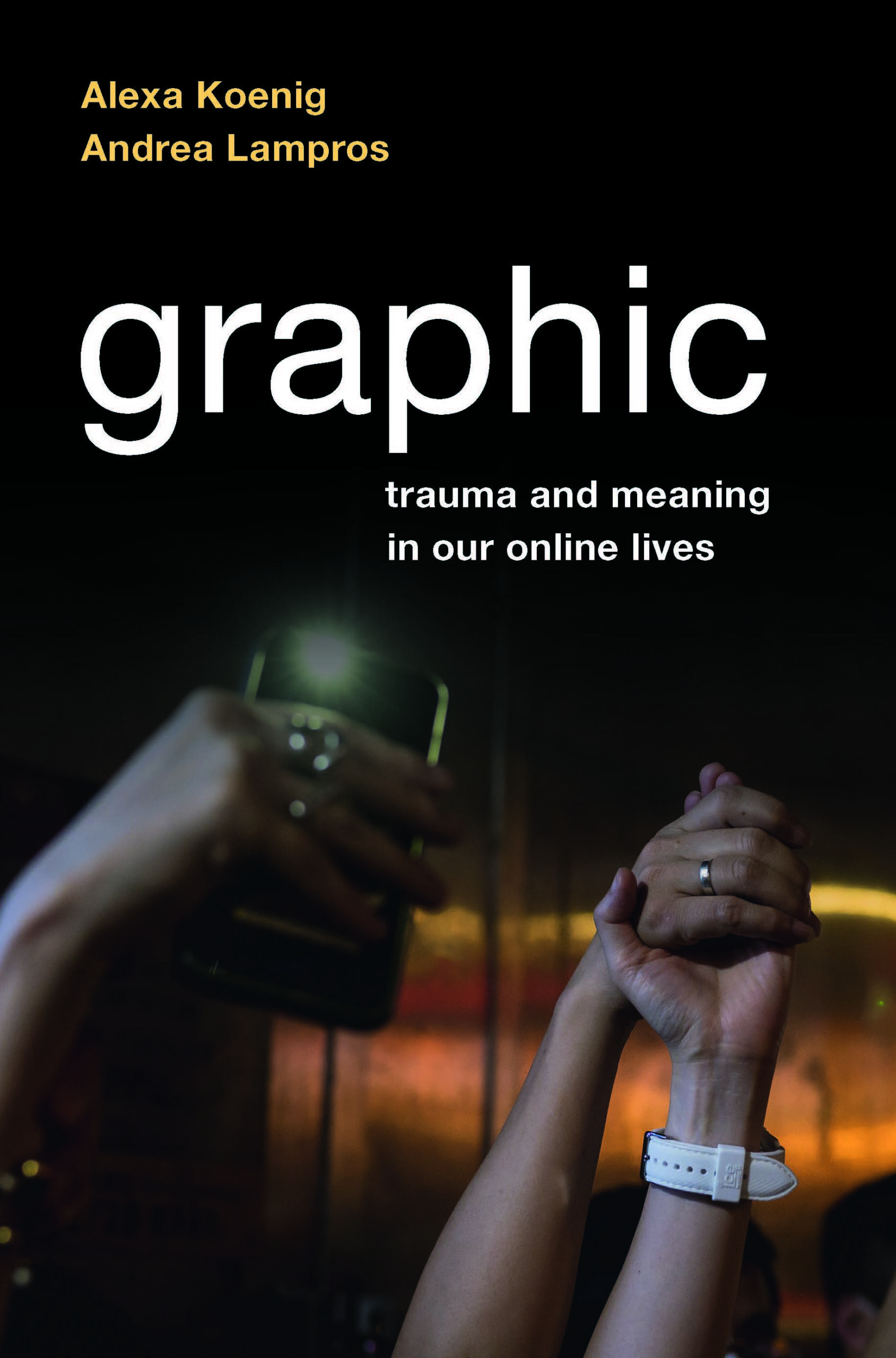
Sep 13, 2023
Graphic: Trauma and Meaning in our Online Lives
View Publication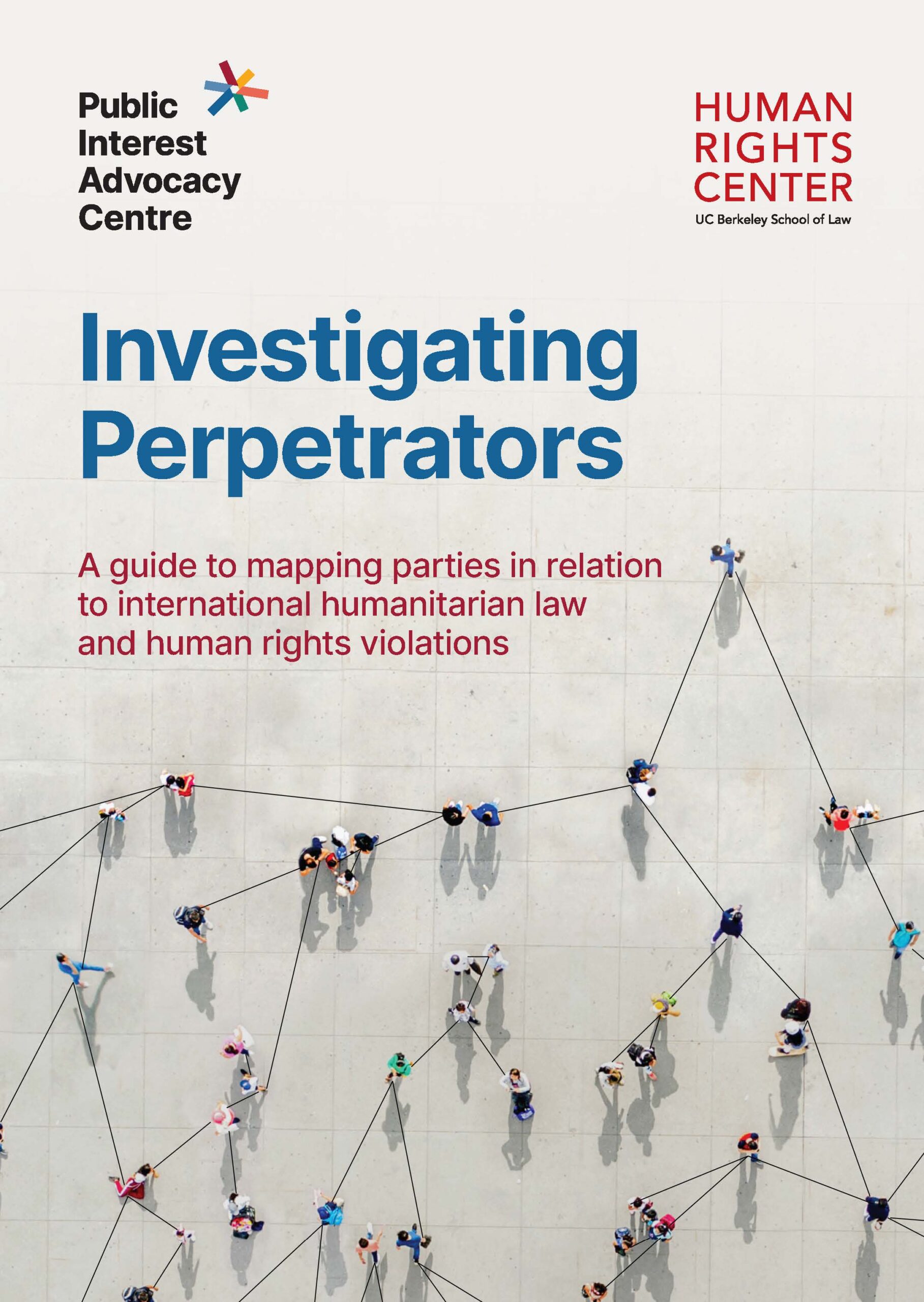
May 22, 2023
Investigating Perpetrators: A guide to mapping parties in relation to international humanitarian law and human rights violations
View Publication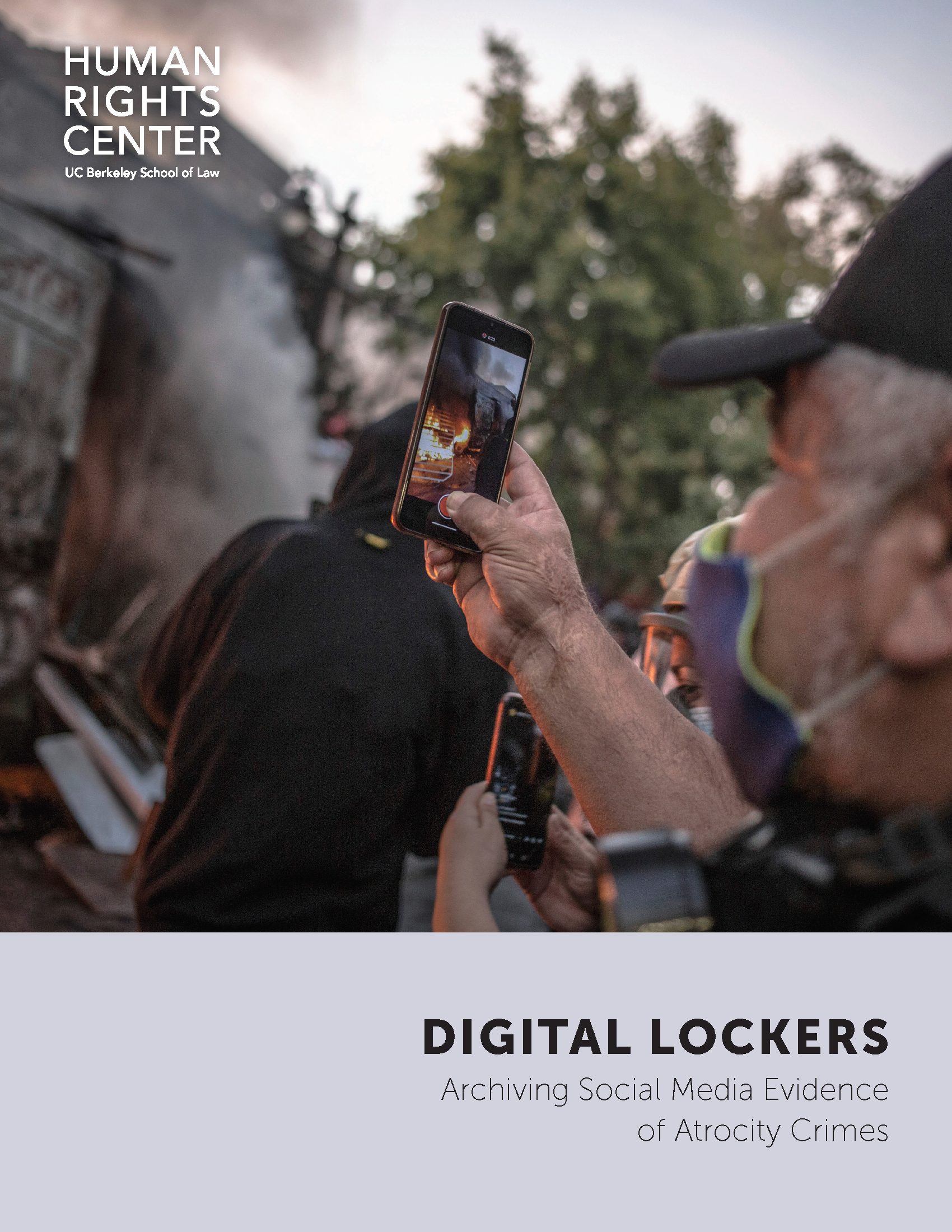
Jun 09, 2021
Digital Lockers: Archiving Social Media Evidence of Atrocity Crimes
View Publication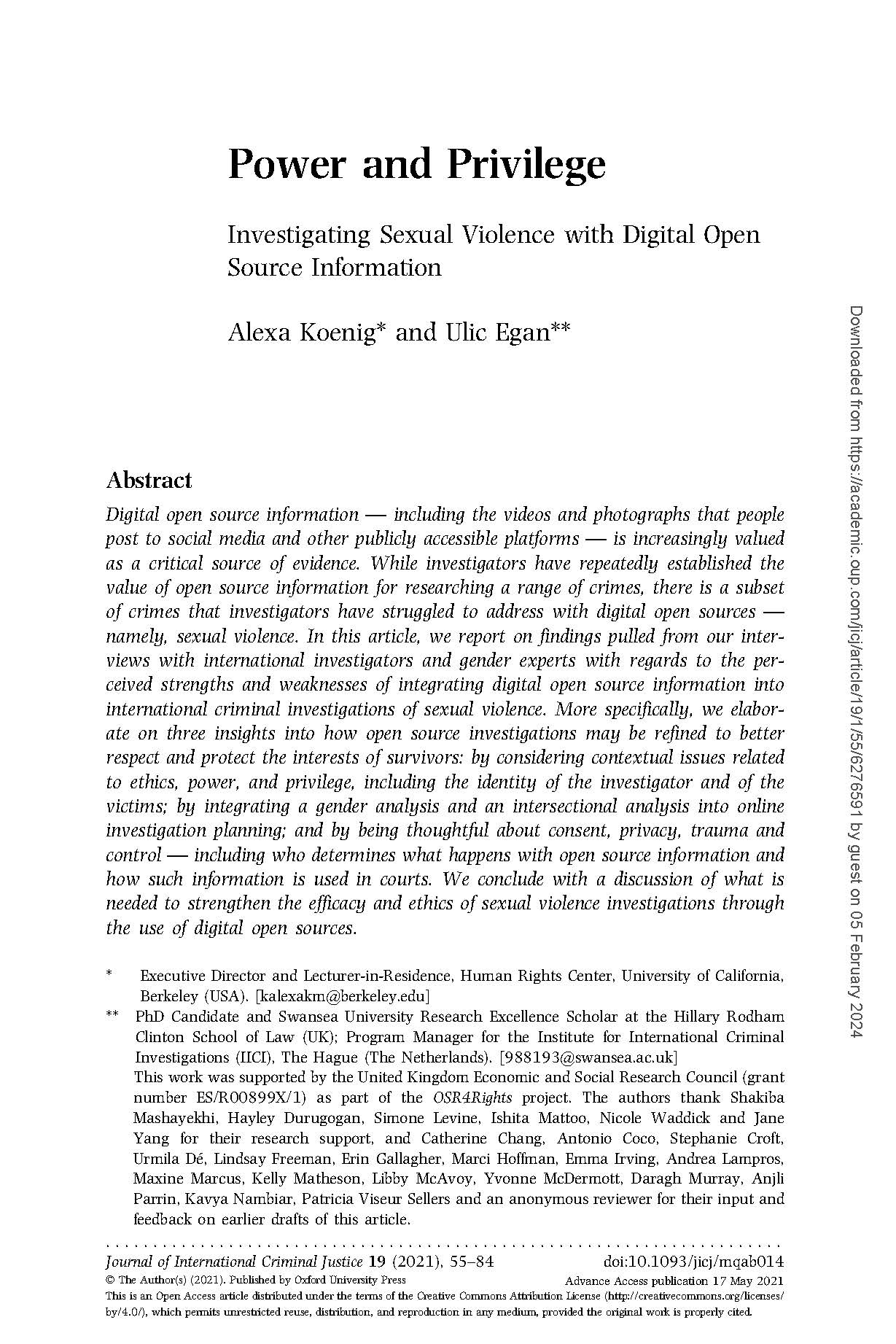
May 16, 2021
Power and Privilege: Investigating Sexual Violence with Digital Open Source Information
View Publication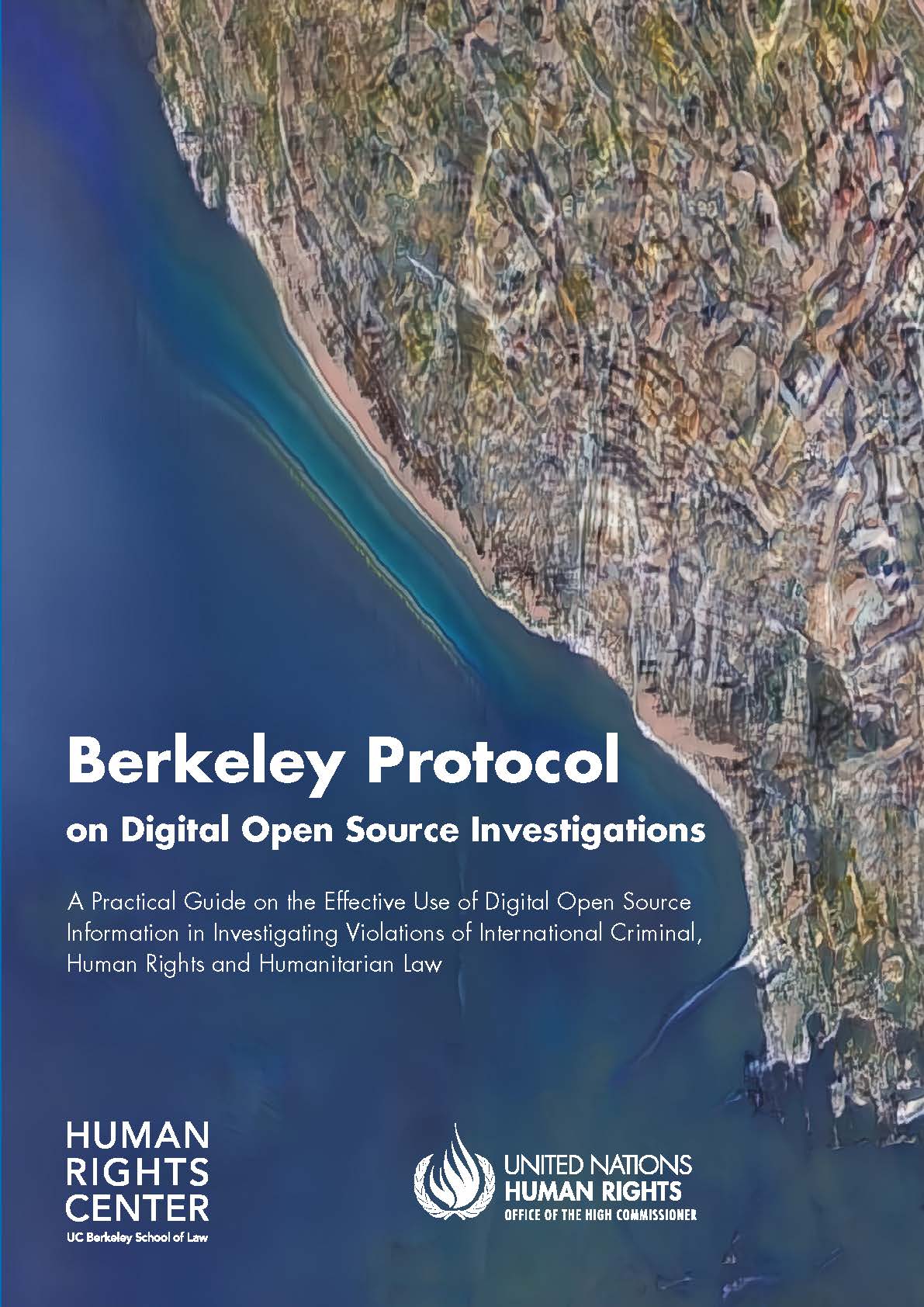
Dec 01, 2020
Berkeley Protocol on Digital Open Source Investigations: A Practical Guide on the Effective Use of Digital Open Source Information in Investigating Violations of International Criminal, Human Rights and Humanitarian Law
View Publication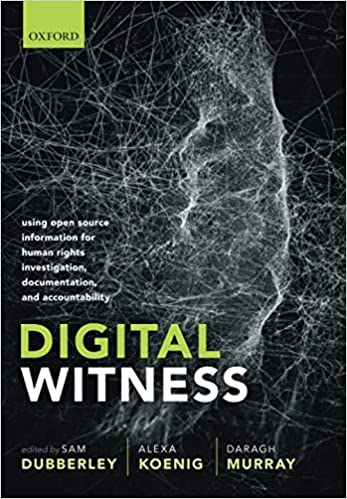
Dec 18, 2019
Digital Witness: Using Open Source Information for Human Rights Investigation, Documentation and Accountability
View Publication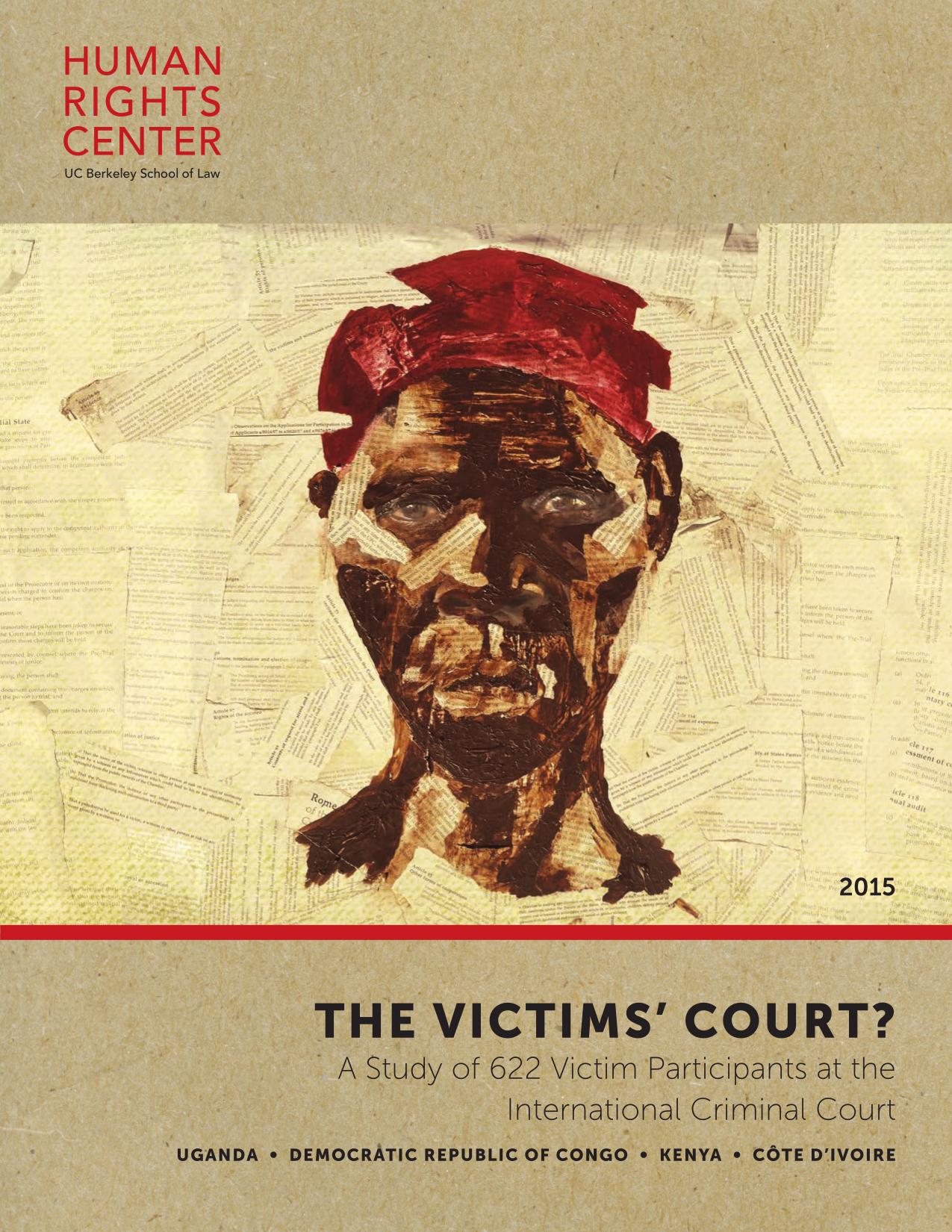
Oct 31, 2015
The Victims’ Court: A Study of 622 Victim Participants at the International Criminal Court
View Publication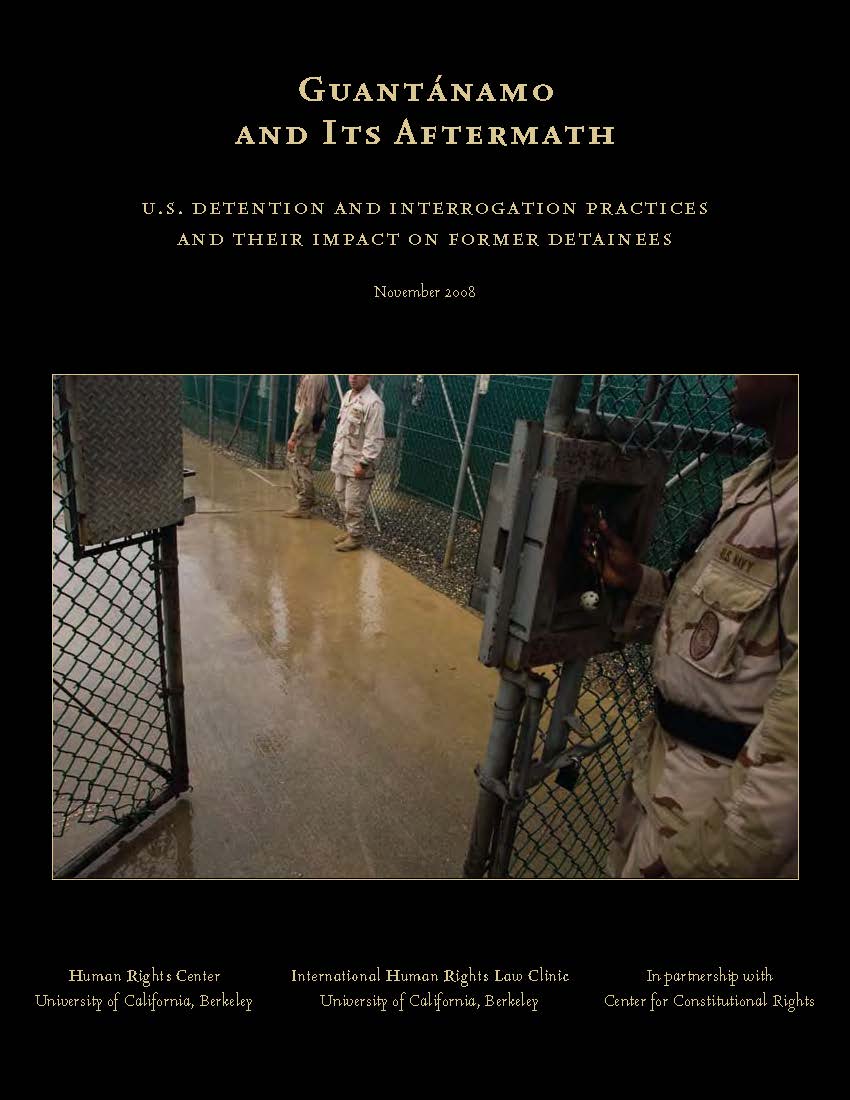
Oct 31, 2008
Guantánamo and Its Aftermath: U.S. Detention and Interrogation Practices and Their Impact on Former Detainees
View Publication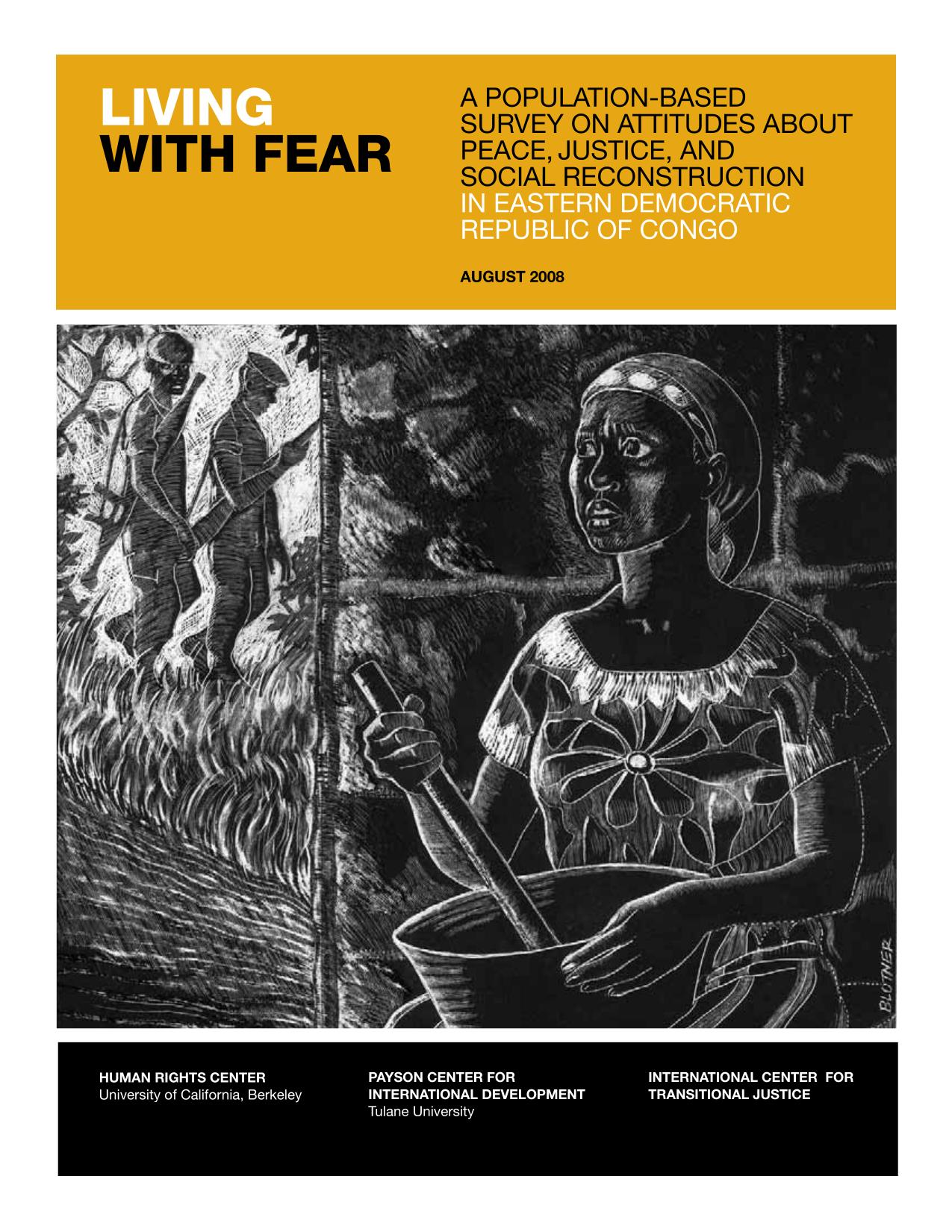
Jul 31, 2008
Living with Fear: A Population-Based Survey on Attitudes about Peace, Justice, and Social Reconstruction in Eastern Democratic Republic of the Congo
View Publication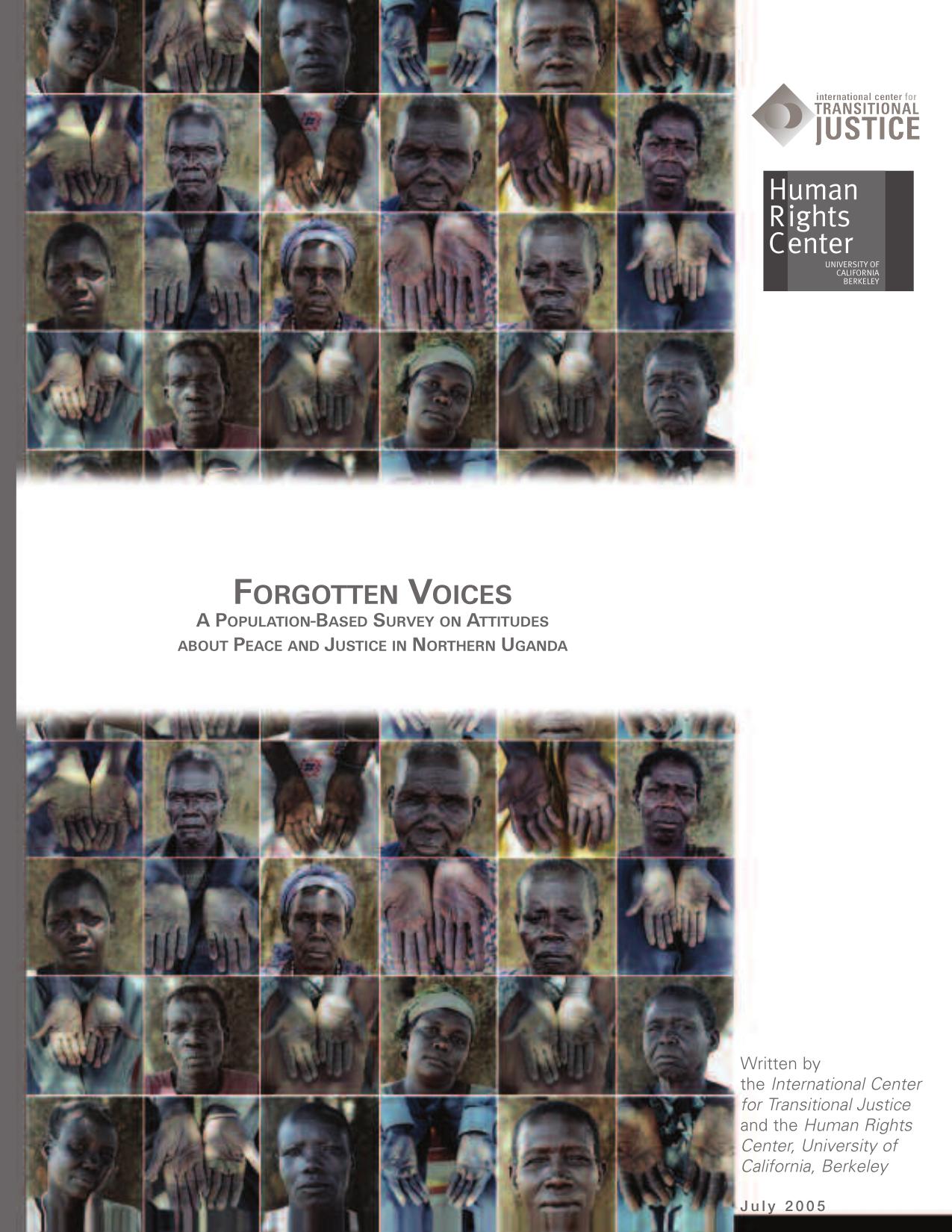
Jun 30, 2005
Forgotten Voices: A Population-Based Survey on Attitudes about Peace and Justice in Northern Uganda
View PublicationNews
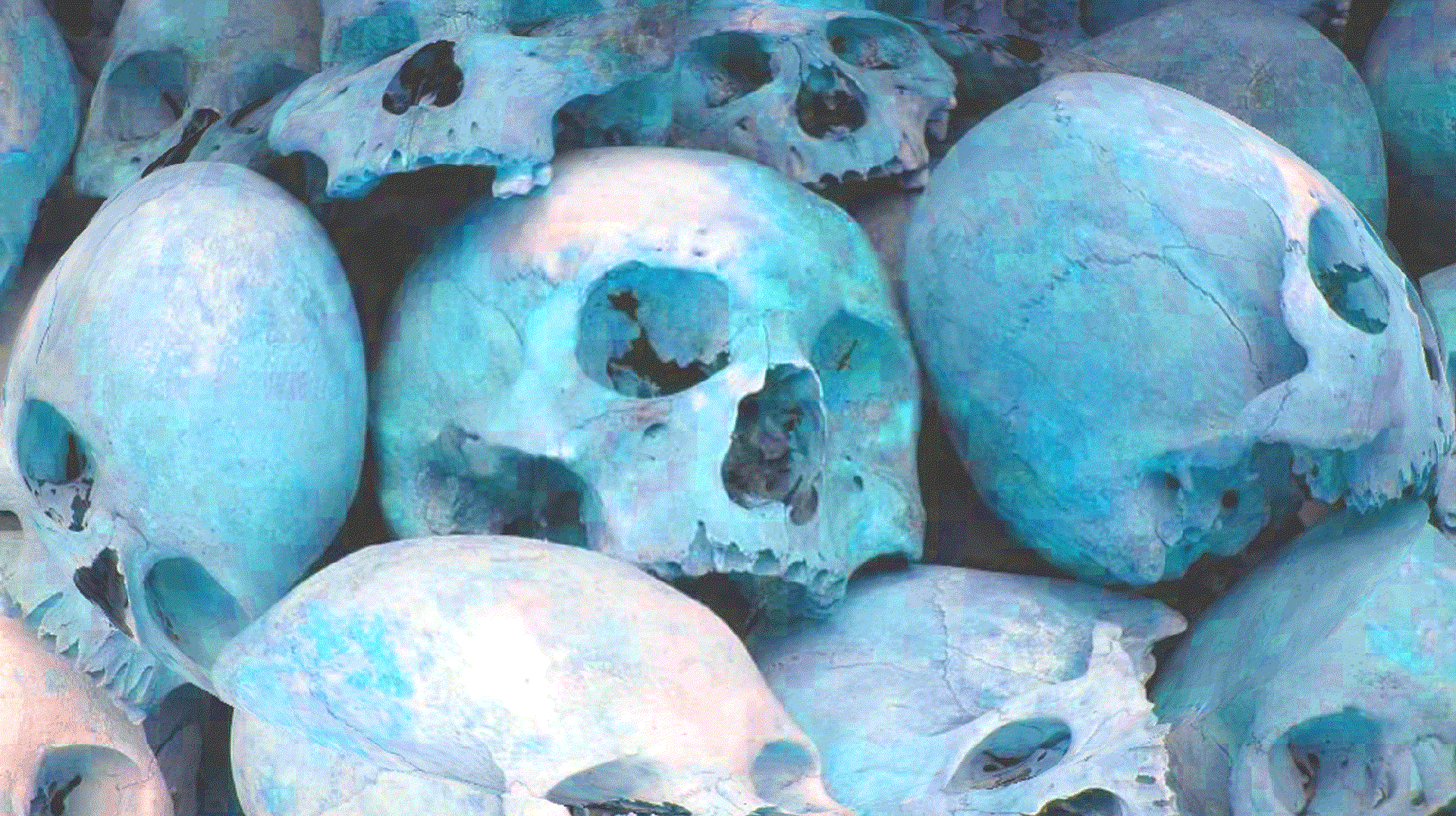
January 10, 2024
Images of war are shocking. They also can strengthen our humanity
HRC in the News — Berkeley News: Images of war are shocking. They also can strengthen our humanity, writing about “Graphic: Trauma and Meaning in our Online Lives.”
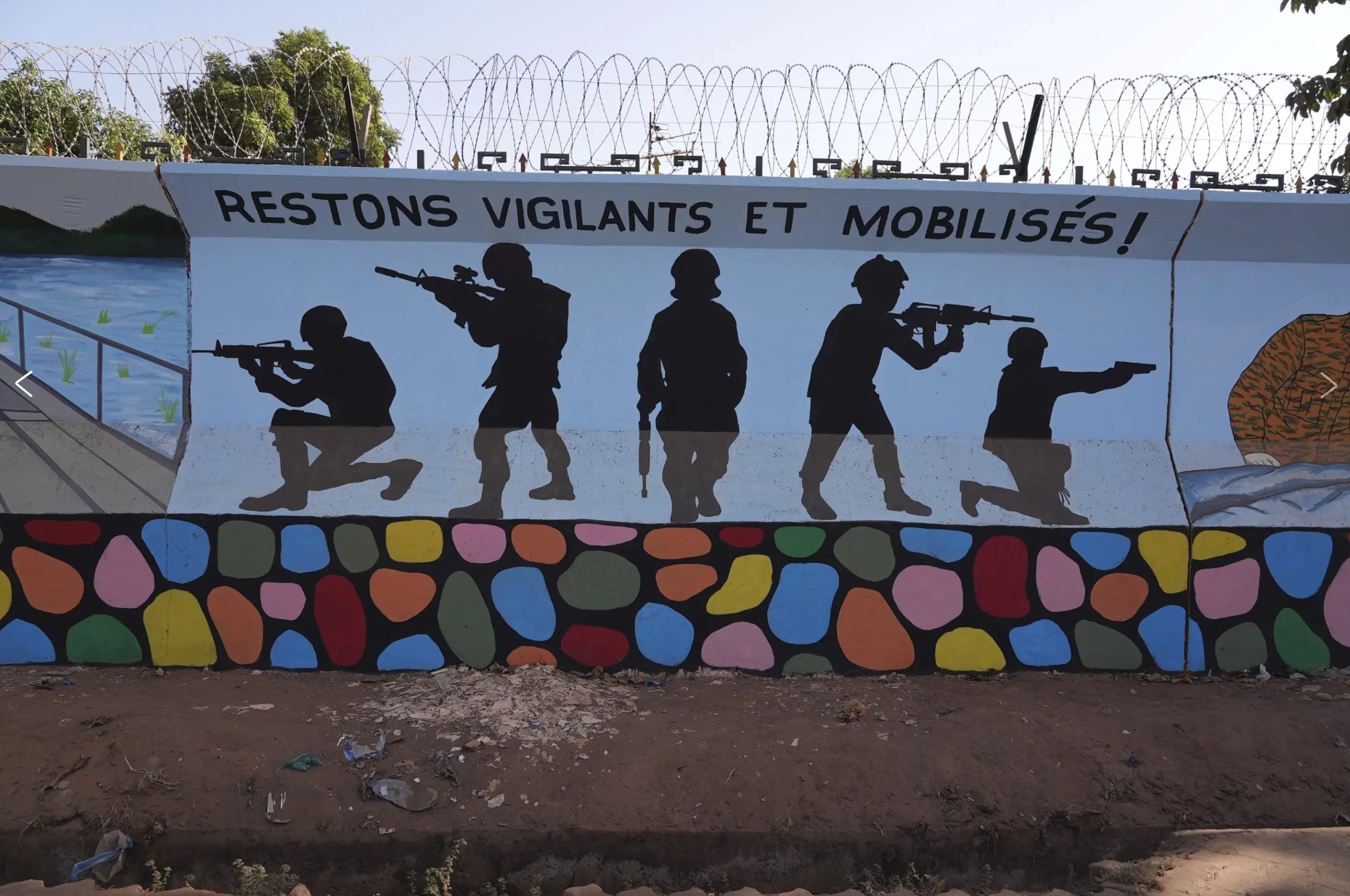
April 21, 2023
Burkina Faso investigates alleged abuses by security forces
HRC in the News — Associated Press: Burkina Faso investigates alleged abuses by security forces, investigation supported by Research Manager Brian Nguyen.
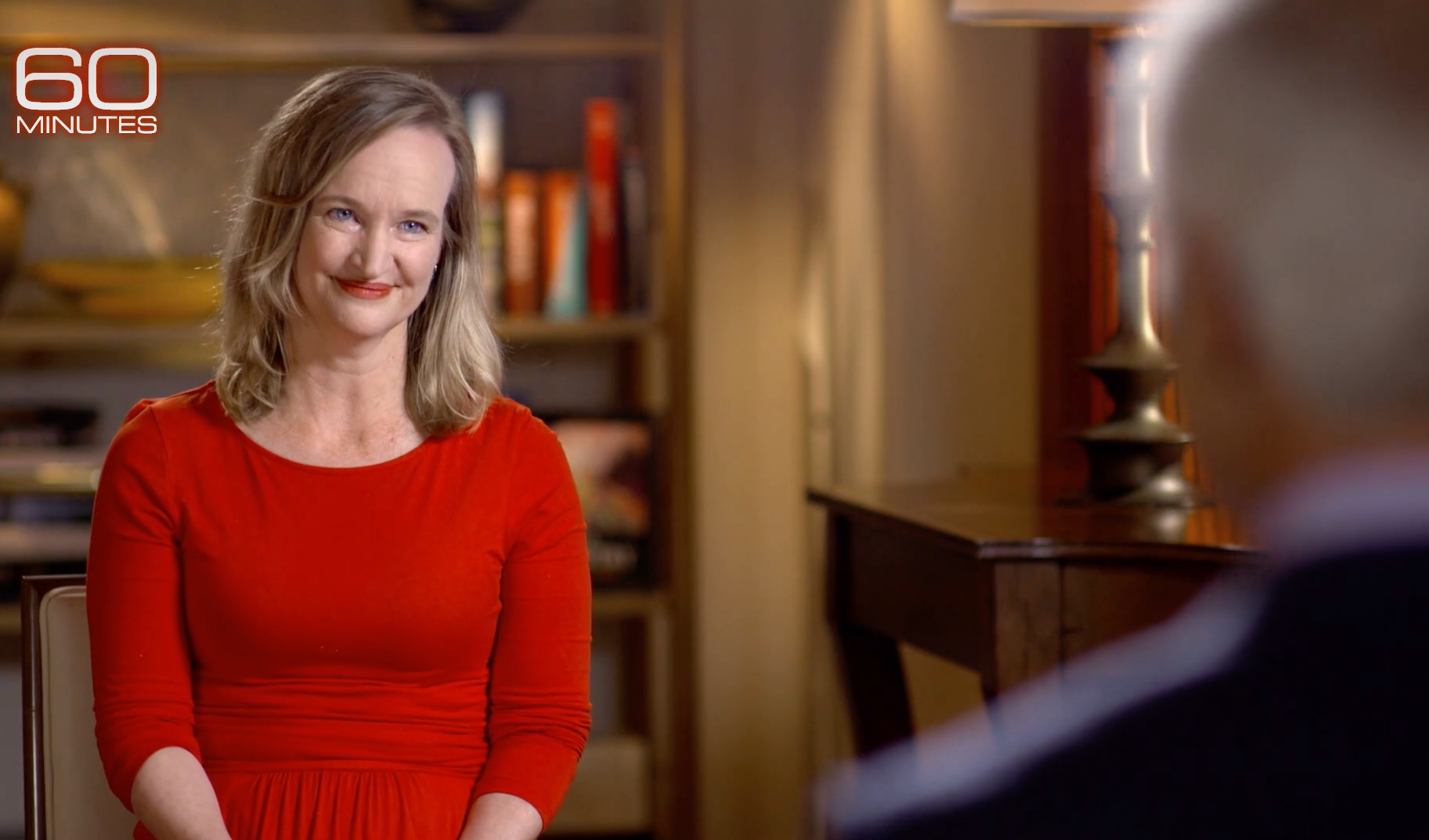
May 15, 2022
The online investigators tracking alleged Russian war crimes in Ukraine
HRC in the News — 60 Minutes: The online investigators tracking alleged Russian war crimes in Ukraine, Alexa Koenig spoke about the use of open source intelligence (OSINT) tools by civilian
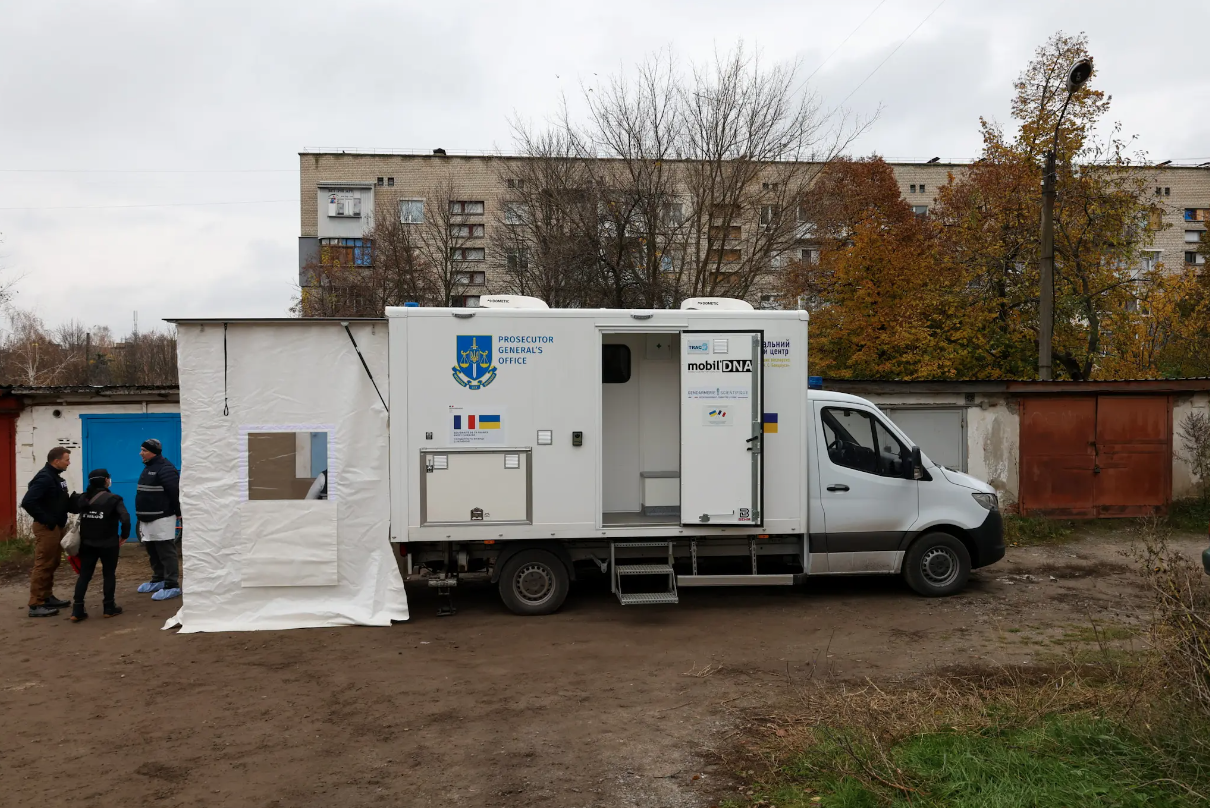
November 12, 2022
Ukraine is jump-starting its war-crimes investigations with a French mobile DNA lab
HRC in the News — Grid News: Ukraine is jump-starting its war-crimes investigations with a French mobile DNA lab, quoting Eric Stover and Tom White.
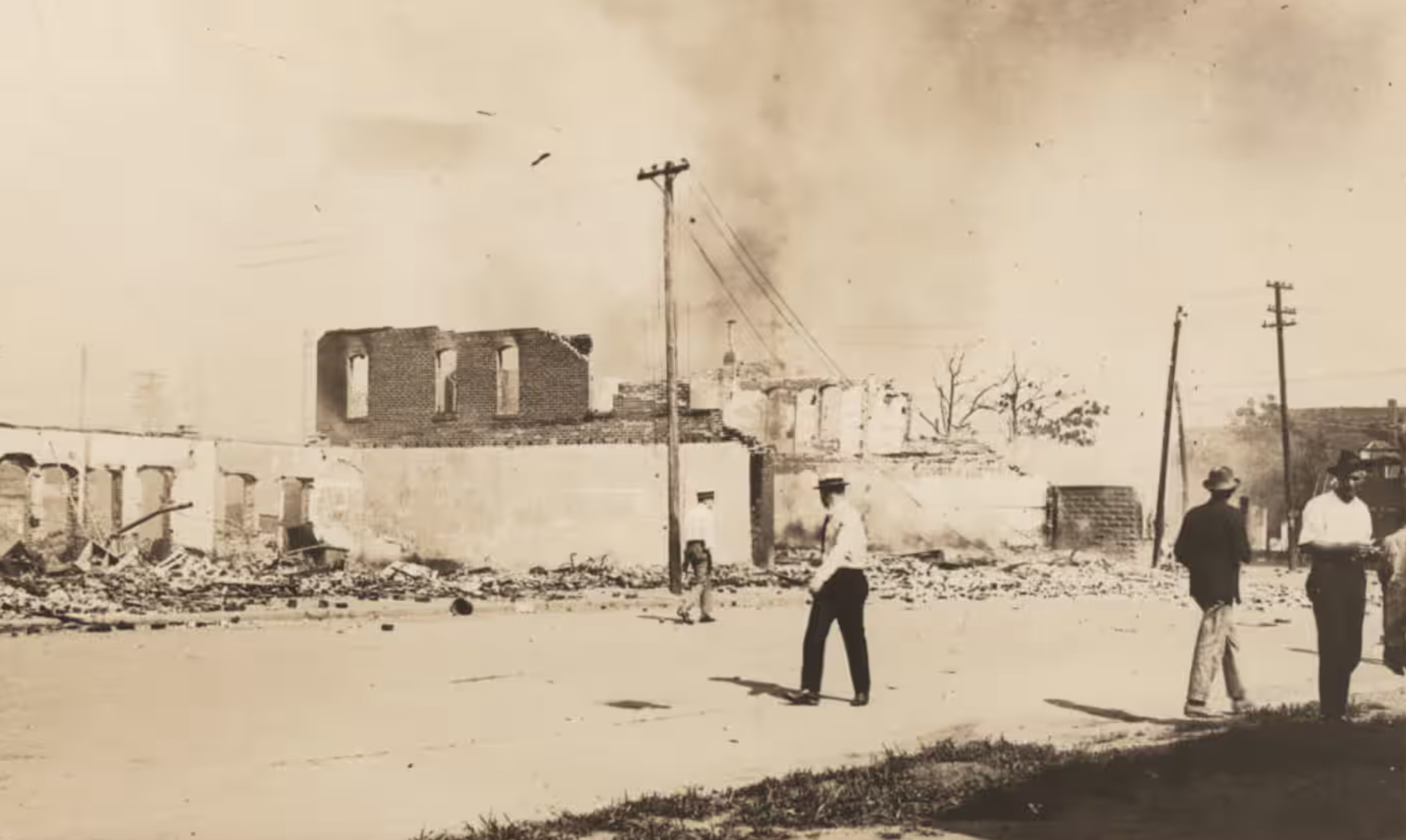
May 29, 2021
‘Justice looks like telling the story’: the long buried story of the Tulsa race massacre
HRC in the News — The Guardian: ‘Justice looks like telling the story’: the long buried story of the Tulsa race massacre, on film produced by Eric Stover and supported by Investigation
